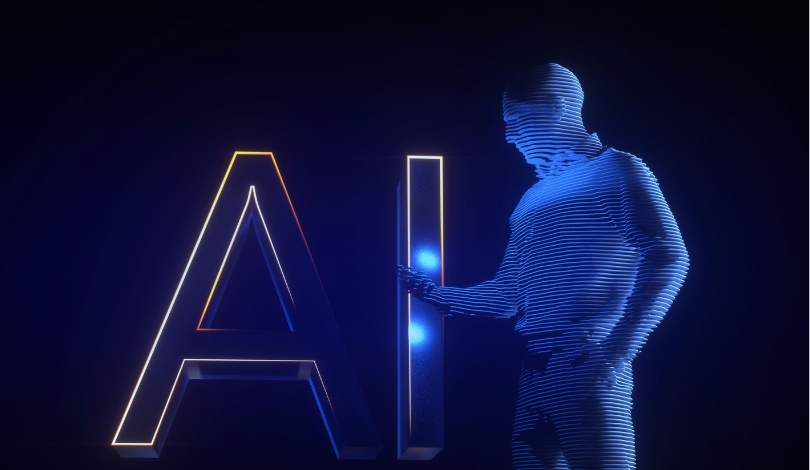In a significant stride for artificial intelligence in academia, the Autoscience Institute has introduced ‘Carl,’ an AI system capable of generating research papers that meet the stringent requirements of double-blind peer review. This development marks a pivotal moment for AI’s role in scientific discovery, potentially streamlining research processes and accelerating the pace of innovation.
Unlike previous attempts to integrate AI into academic research, Carl demonstrates a higher level of autonomy by producing submissions with minimal human intervention. Past efforts largely involved AI assisting researchers, whereas Carl actively participates in the creation and validation of scholarly work.
How Does Carl Function as an AI Researcher?
Carl operates through a three-step process: ideation, experimentation, and presentation. It leverages natural language processing to formulate hypotheses, writes and tests code to conduct experiments, and compiles the results into structured research papers.
What Are the Current Limitations of Carl?
Despite its capabilities, Carl still relies on human oversight for certain tasks such as approving research directions and ensuring proper citation formatting. These checks are essential for maintaining computational efficiency and adhering to academic standards.
What Implications Does Carl’s Success Hold for Academia?
Carl’s acceptance of its papers at the International Conference on Learning Representations (ICLR) showcases AI’s potential to independently contribute to scientific research. Autoscience Institute stated,
“We believe that legitimate results should be added to the public knowledge base, regardless of where they originated,”
and
“We also believe, however, that proper attribution is necessary for transparent science, and work purely generated by AI systems should be discernable from that produced by humans.”
These perspectives emphasize the need for clear standards in AI-assisted academic publishing.
As Carl continues to evolve, the integration of AI into academic research may lead to more efficient and innovative practices. However, establishing clear guidelines and standards will be crucial to ensure the responsible use of AI in publishing. The collaboration between AI systems like Carl and human researchers could redefine the landscape of scientific discovery, balancing speed and precision with ethical considerations.










